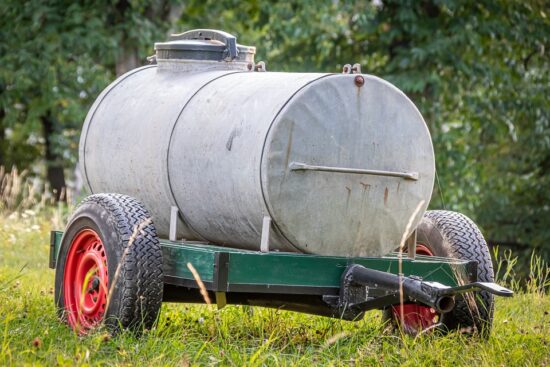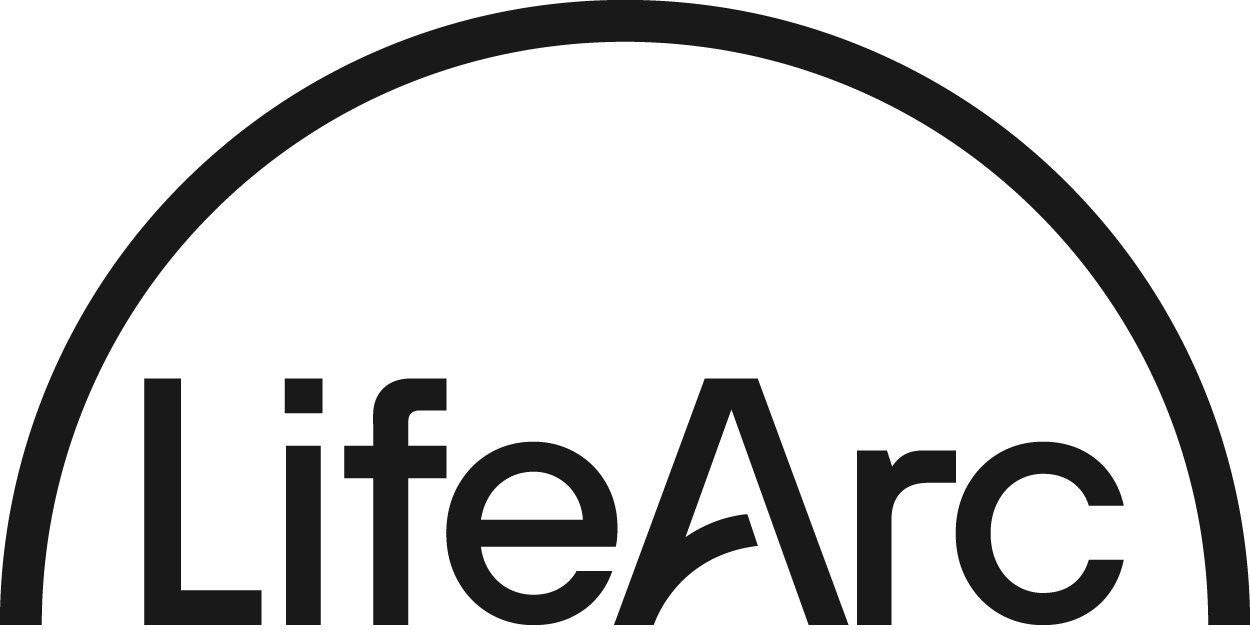Antimicrobial resistance in dairy slurry tanks: A critical point for measurement and control
Waste from dairy production is one of the largest sources of contamination from antimicrobial resistant bacteria (ARB) and genes (ARGs) in many parts of the world. However, studies to date do not provide necessary evidence to inform antimicrobial resistance (AMR) countermeasures. We undertook a detailed, interdisciplinary, longitudinal analysis of dairy slurry waste. The slurry contained a population of ARB and ARGs, with resistances to current, historical and never-used on-farm antibiotics; resistances were associated with Gram-negative and Gram-positive bacteria and mobile elements (ISEcp1, Tn916, Tn21-family transposons).
We conclude that the slurry tank is a critical point for measurement and control of AMR, and that actions to limit the spread of AMR from dairy waste should combine responsible antibiotic use, including low total quantity, avoidance of human critical antibiotics, and choosing antibiotics with shorter half-lives, coupled with appropriate slurry storage.
AMR NEWS
Every two weeks in your inbox
Because there should be one newsletter that brings together all One Health news related to antimicrobial resistance: AMR NEWS!





